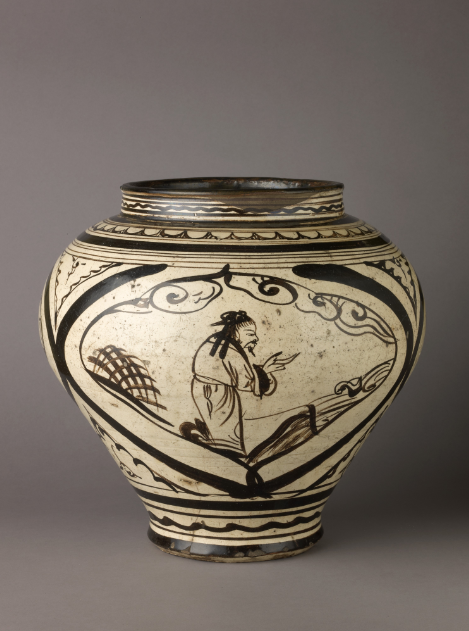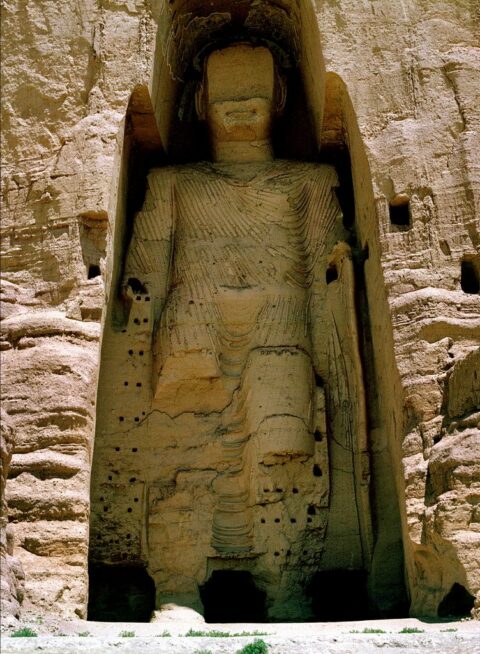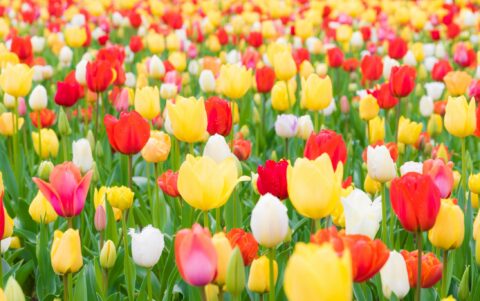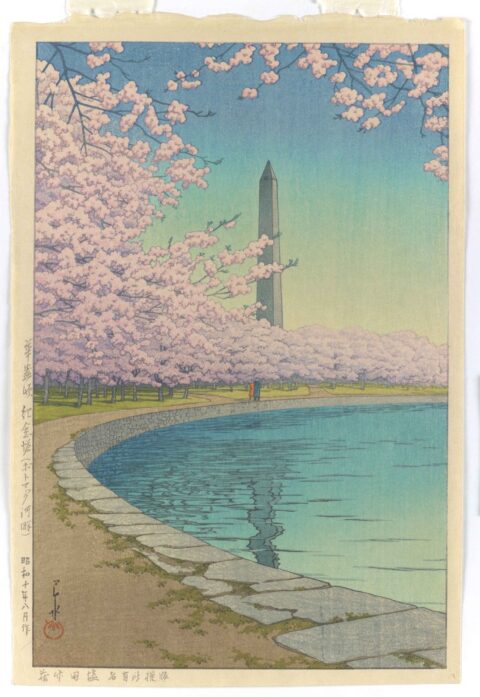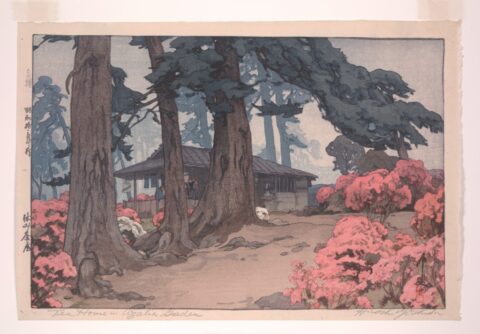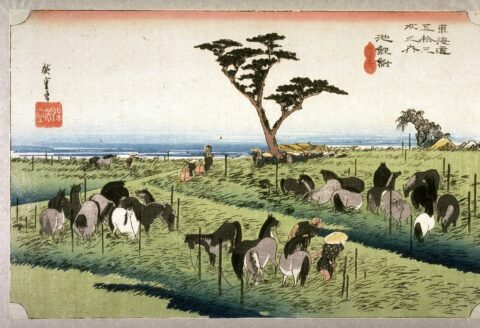Category: Uncategorized

Test
Rylie Griffith and Maeve Corcoran
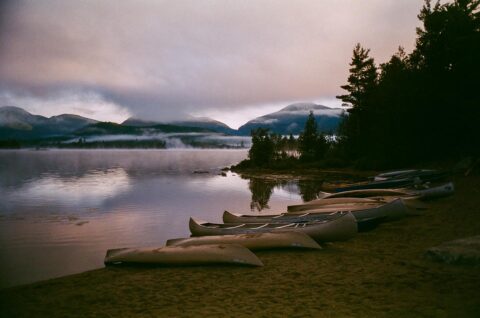
Deconstructing Modern Renditions of the Chinese Pagoda
By Ryan Mach and Eva Ross Test Post!!
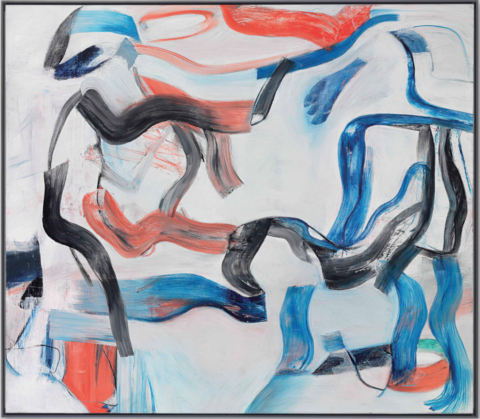
Islamic Art in Indonesia
“enter text here” “second row text here” sentence block
First Post
Test
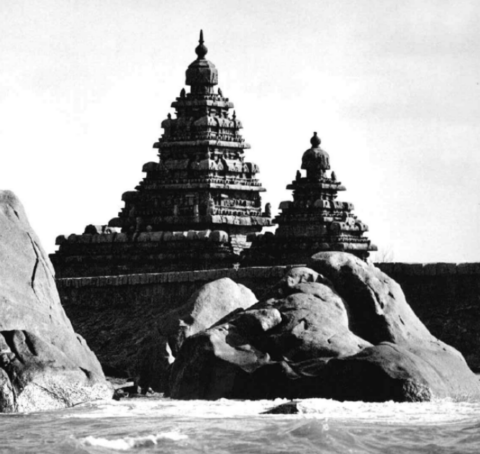
Post 1
https://www.metmuseum.org/art/collection/search/68029
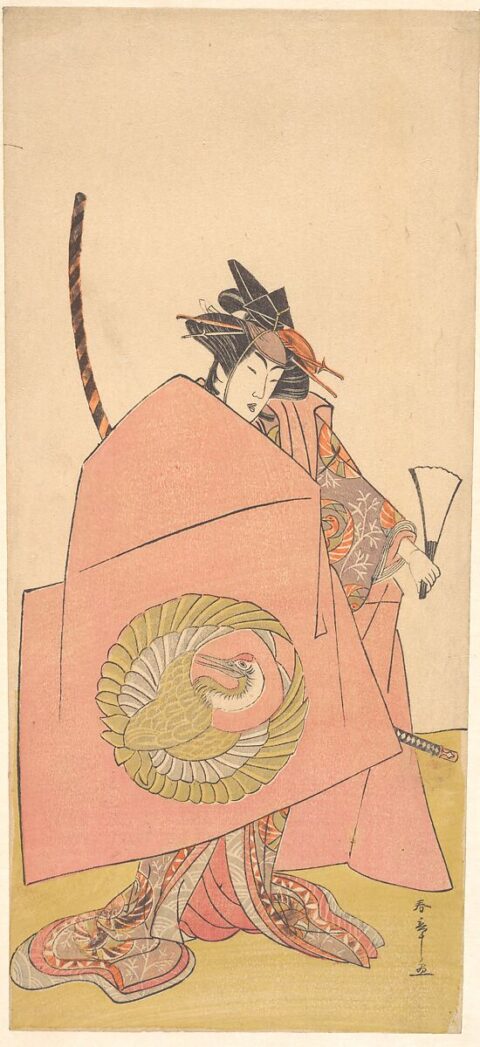
Rainy Night – Hiroshige Utagawa
Rainy Night – Hiroshige Utagawa
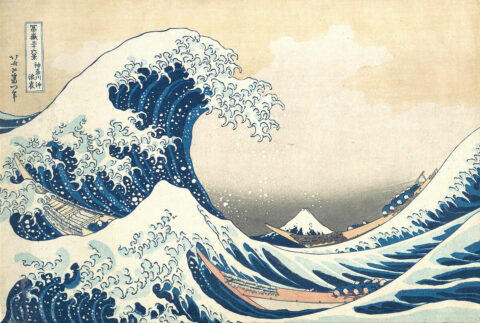
Hokusai’s “The Great Wave”
How Hokusai’s “The Great Wave’ has influenced Western Art like Van Gogh’s “Starry Night” and Modern Art like John Cederquist’s…
Japanese Modernism
Overview My goal for this project and my research was to provide an outlook into an era of art that…
An Analysis of the “Japan-ness” of Spirited Away
My research question was “What aspects of Spirited Away look Japanese?” In this project, I will discuss the architecture in…
Japanese Women Reclaiming Their Power
About My Research: My research question is how do Japanese women form their sense of Japan-ness through photography and How…
Sakura: Symbol of Alliance and Diplomacy
Overview The Sakura 桜, or Japanese cherry blossom tree, stands as a captivating and tangible embodiment of Japan’s identity, playing…
Japanese Modern in Graphic Design
My research question is How did Western influence affect Japanese graphic design? As a student interested in pursuing an art…
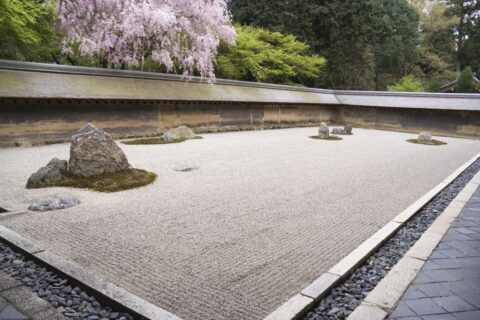
Japanese Garden
Overview Over the course of time in Japanese history, there were a lot of external influences on shaping the identities…
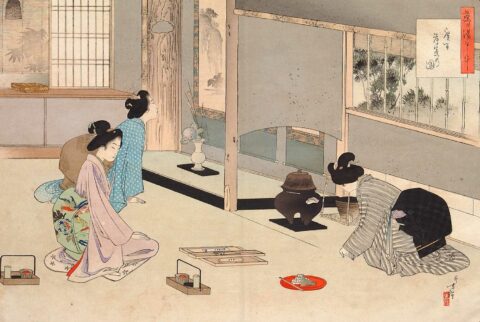
Chanoyu: Zen and Rikyū
Project Overview This project aims to examine the influence of Zen Buddhism on the Japanese tea ceremony, or chanoyu. By…
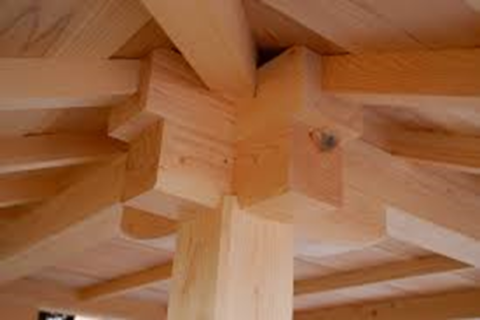
Puzzles?
Ancient Architecture While Japanese wooden puzzles are still considered to be relatively new, the complex connections that make the puzzles…
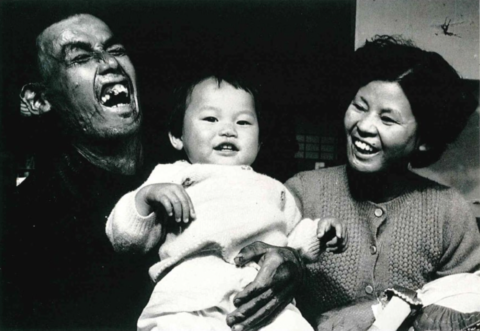
Embracing Mortality: Life and Death in Japanese Photography
Analyzing the cultural idealisms that lie between the philosophical understanding of life and death reveals a prevalent cultural theme: relativity….
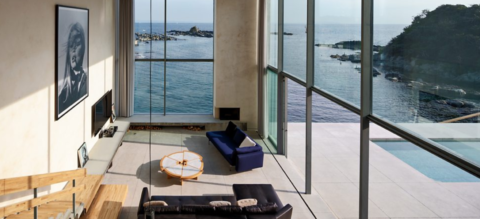
Japanese Interior Design: Influenced by Japanese philosophies: Ma, Wabi-Sabi, and Shakkei
Japanese interior design is a style that has always resonated with me, and I wanted to use this project to…
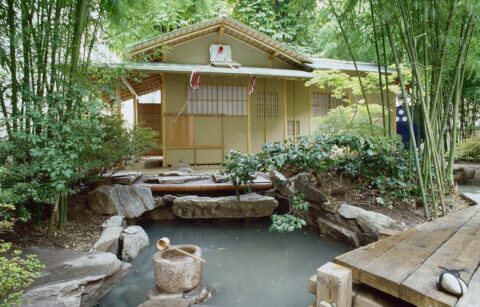
Chashitsu: Role of Buddhist Zen Spatial Qualities in Shaping Japanese Tea Rooms
Overview The goal of this project is to thoroughly analyze the characteristics, development, and fundamental relationship between Zen Buddhism and…
Chinese Landscape Paintings
Marissa Paratore The Goal of My Chapter The goal of this chapter is to expand how we see Chinese landscape…
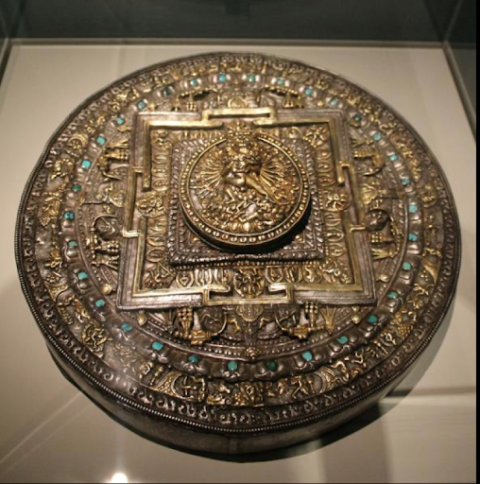
Centrality in Buddhist Art: Tibet and Nepal
Over the course of our exploration of the many different forms of Buddhist art, I found myself particularly interested in…
Japanese Tea Ceremonies
The practice of tea started in China during the 8th Century under three different dynasties and was cultivated and used…
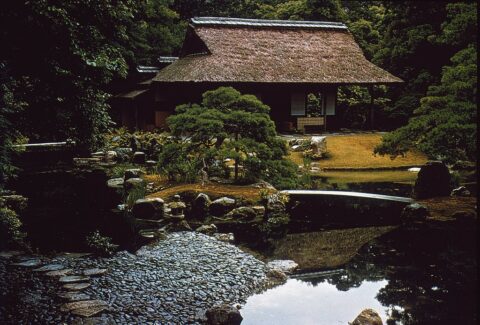
The Japanese Tea Ceremony
The Japanese Tea Ceremony is a Japanese tradition that was first practiced during the Kamakura period (1192-1333). The ritual tea…
Phoenix Hall and the Heian Period
This project focuses both the Heian period and Phoenix Hall and aims to show how the many different key architectural…
Buddhist Architecture in Korea
Younghoon Choi Overview The goal of this chapter is to learn about Buddhist Architecture in Korea. The motivation comes from…
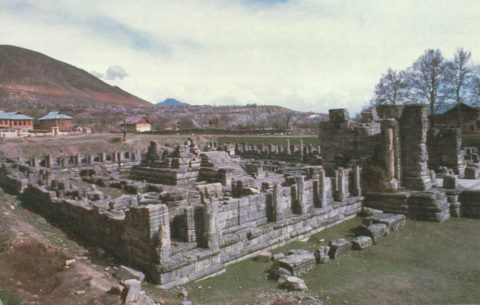
Kashmiri Stone Architecture
Introduction: The Kashmir region is located in the northernmost region of India and has been a melting pot of various…
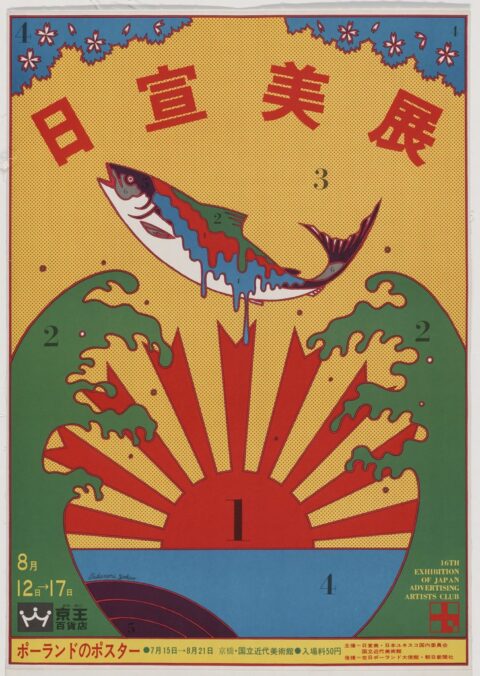
Ukiyo-e Through the Ages
Introduction When looking at such iconic images as The Great Wave off Kanagawa, do most viewers consider the reason for…
Zoomorphic Design in Asia and its Cultural Significance
by Rachael Nnabuife and Mads Eikinas Intro In this chapter, we will be discussing the large range of contexts and…
The Dragon and Mythic Beasts
Exploring How the Japanese Dragon Became What It Now Is The dragon is undoubtedly one of the most iconic and…
Geography on The Art of Japan
The art of Japan is iconic. Everybody can look at Japanese artwork and instantaneously know it’s Japanese. The art may…

An Exploration of Charles Chu
I had first encountered Asian art when I accidentally stumbled into the Chu Reading Room one afternoon my freshman year….
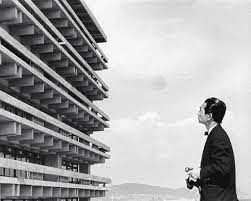
The Influential Kenzo Tange
Overview Kenzo Tange is one of Japan’s most influential and honored architects. Tange was born in Imabari, Shikoku Island, Japan…
Ukiyo-e
Ukiyo-e translated into English means “pictures of the floating world”. Ukiyo-e developed initially as a style of painting, rather than…
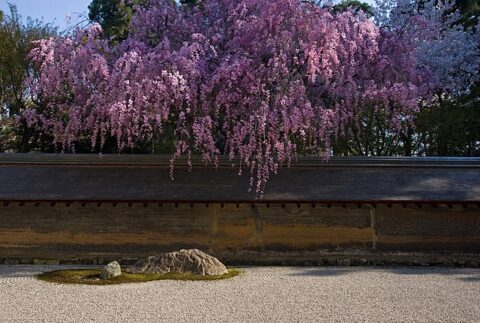
Japanese Zen Gardens
During the Muromachi period in Kyoto, Japan, zen gardens, also known as Karesansui, were often created at temples of Zen…
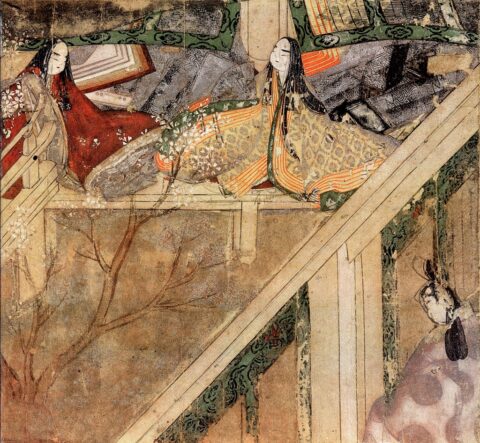
Mono no aware of Japanese Paintings
Abstract This project was inspired by Yasunari Kawabata’s speech at the Nobel Prize for Literature, in which he spoke at…
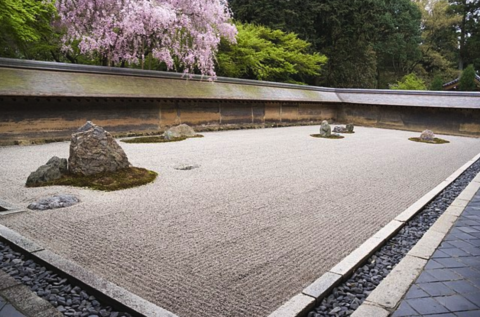
Zen Gardens
By: Brenna O’Brien, Emmy Castano Overview A zen garden is a distinctive style of Japanese garden that is stylized by…
Utagawa Hiroshige: Unveiling the Cultural and Historical Significance of “The Fifty-three Stations of the Tōkaidō”
Maintext Unlike most people, I knew Utagawa Hiroshige as a Ukiyo-e artist before I knew Katsushika Hokusai. I remember seeing…
Art & Architecture Within the Period of Peace
Preceded by the Early Heian Period, the Late Heian Period occurred from 894-1186. The flourishing of art, architecture, literature, and…
100 views of Edo
Title: 100 views of Edo Creator: Hiroshige, Ando II Medium: woodcut Materials: ink of paper Date: 1798-1858 Culture: Japan Dimensions:…
